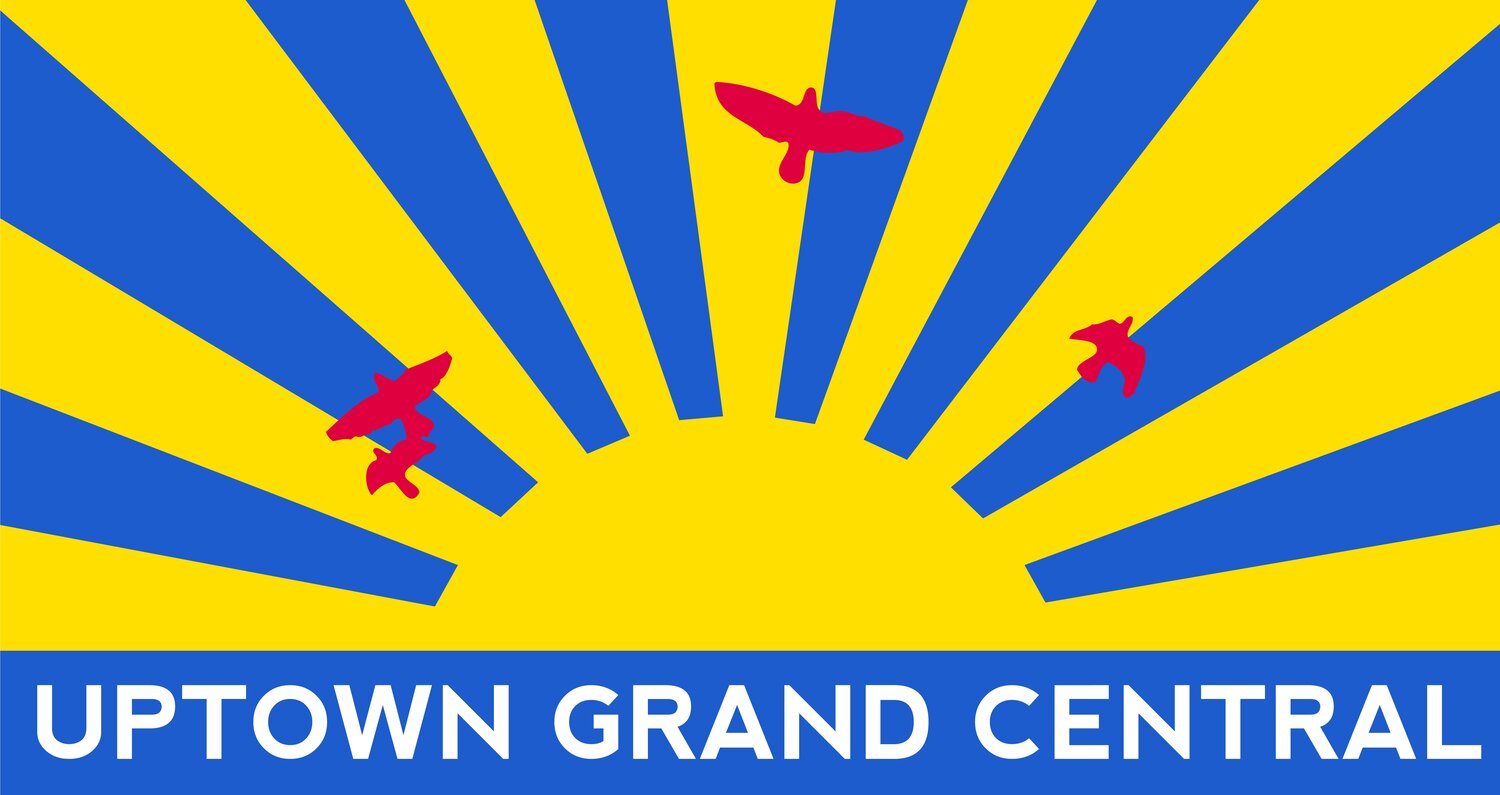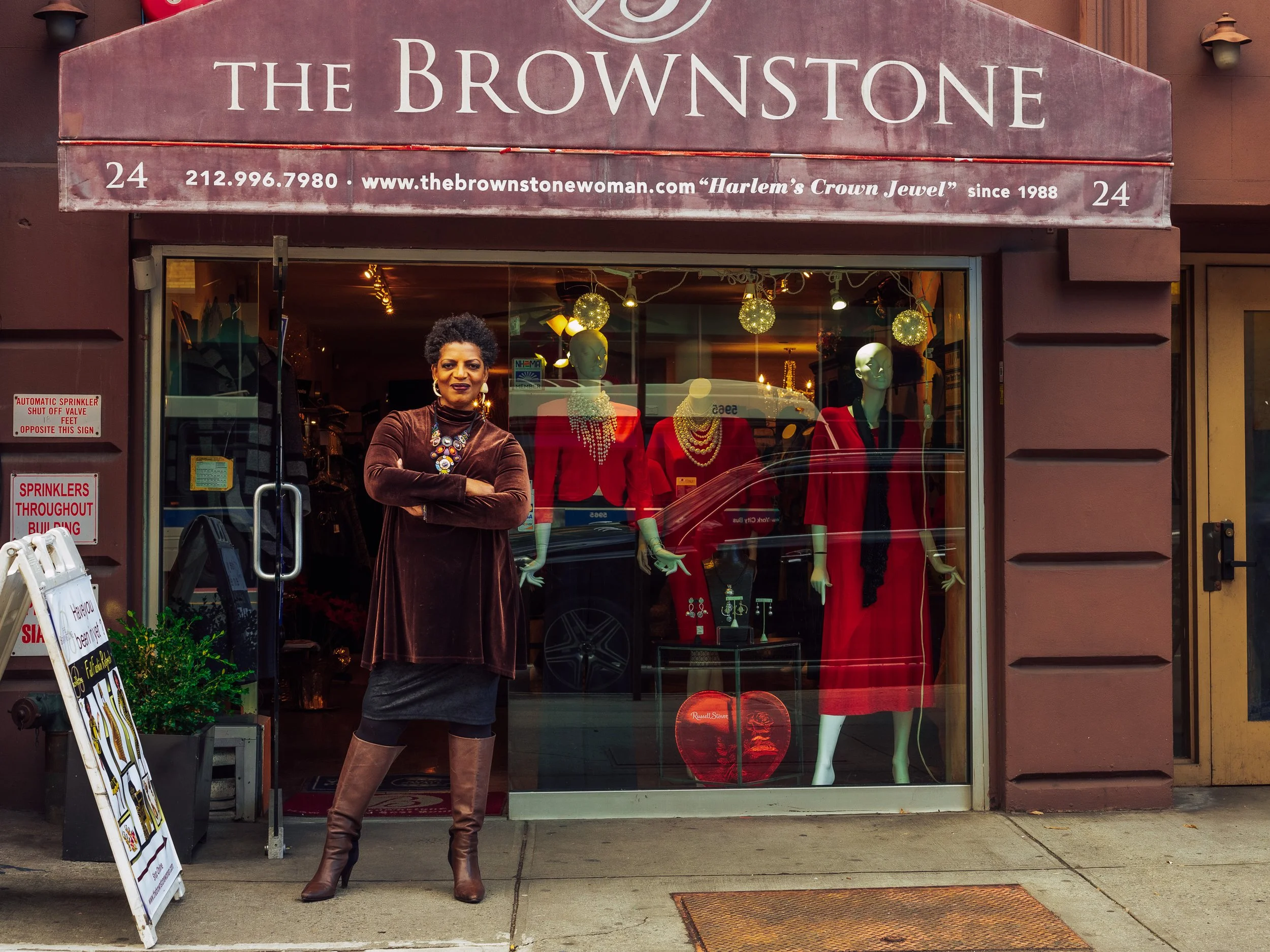UPTOWN GRAND CENTRAL WORKS TO CONNECT OUR LOCAL SMALL BUSINESSES WITH RESOURCES. SEE BELOW FOR OUR RUNNING LIST OF COVID SUPPORT PROGRAMS, AS WELL AS LINKS TO PARTNER ORGANIZATIONS ACROSS Harlem THAT PROVIDE SUPPORT, PROMOTION, ADVICE & FINANCING:
Training & Advice
Verizon Digital Ready: Offers self-paced, online classes for small business owners on a variety of topics. (Enrolled on the platform already? Click here to earn a $25 gift card! We’re getting your feedback on what you like best about the platform, and how it best serves you.)
Union Settlement’s Business Development Center: Offers business education, technology training and technical assistance to East Harlem small businesses. The center is also home to the East Harlem Working Together program. (Location: Taino Towers, 205 East 122nd Street at Third Avenue)
Columbia University Small Business Development Center (Columbia SBDC): Administered by the State University of New York and funded by the U.S. Small Business Administration, the SBDC provides free business advising and training to startups, entrepreneurs and small business owners. (Location: Columbia University)
Start Small Think Big: A nonprofit that offers free legal, financial and marketing support to small business owners with moderate income levels. (Location: WeWork, 8 East 126th Street at Fifth Avenue)
Harlem Business Alliance: A nonprofit founded in 1980 by Harlem business leaders that offers programs to support minority small businesses and entrepreneurs. (Location: 275 Malcolm X Boulevard at 124th Street)
Harlem Commonwealth Council (HCC): An economic development corporation that was created in 1967 to bring economic prosperity to Upper Manhattan, Washington Heights and Bronx residents. HCC offers training programs including Opportunity for Growth and Growth Path, administers the Harlem Entrepreneurial Fund, and operates the Small Business Solutions Center in partnership with the NYC Department of Small Business Services. (Location: 361 West 125th Street between St. Nick & Morningside)
NYC Department of Small Business Services (SBS): The city agency whose mission is to connect New Yorkers to good jobs, create stronger businesses, and build thriving neighborhoods across the five boroughs. It also oversees the MWBE (Minority- and Women-Owned Business Enterprise) program for New York City. (Location: One Liberty Plaza)
Harlem Community Development Corporation (HCDC): A subsidiary of the Empire State Development Corporation that was created in 1995 to serve the greater Harlem community, including Harlem and Washington Heights. It offers programs for business and community development, offers guidance for registering as an MWBE for New York State, and also oversees community and commercial development projects. (Location: Adam Clayton Powell State Office Building, 163 West 125th Street)
SCORE: A nonprofit resource partner of the U.S. Small Business Administration (SBA) that is the nation’s largest network of volunteer expert business mentors. (Location: See below, as SCORE often works with HCDC)
COVID-19 Business Support
We maintain a running list of grants, loans, pro-bono assistance and policy changes that are available during the pandemic. It’s updated as new resources become available. Click the button below to get started.
We are also a mask distribution point for the NYC Department of Small Business Services. If you own a small business and need masks for your employees, email us at info@uptowngrandcentral.org to schedule a mask pick-up time.
Need help finding the vaccine for you and your staff? Click the button below for updates on who’s eligible, and how to book an appointment.
Connections & Support
Buy Local East Harlem: Based out of Union Settlement’s Business Development Center, Buy Local East Harlem is an initiative to connect East Harlem small businesses with large buyers such as hospitals and institutions. It also fosters connections between East Harlem small business owners. (Location: Taino Towers, 205 East 122nd Street at Third Avenue)
Harlem Local Vendor Program (HLVP): Based out of the Columbia SBDC, the HLVP is a business accelerator program designed to help Harlem businesses that produce locally made items succeed in the retail marketplace. The program includes education to help vendors scale successfully, plus opportunities to connect with large buyers such as Columbia University and Whole Foods. HLVP is run in association with Harlem Park to Park, and also administers the new label called “Shop Harlem Made.” (Location: Columbia Business School)
Finance & LoansGrameen America: A nonprofit that provides microloans, financial training, and support to members. Grameen's target population is women who live below the federal poverty line and who have few options for accessing capital.
Kiva: Loans amounts of up to $10,000 with no interest, with up to 36 months to pay it back. Kiva works something like crowdfunding, except you pay no fees.
Harlem Entrepreneurial Fund (HEF): A federally insured United States Treasury-backed Community Development Financial Institution (CDFI) that provides microfinancing to minority small business owners north of 42nd Street. By finalizing your business plan and providing requested financial and legal documents, HEF can approve you for a loan in less than a week, and provide your business with funding in less than eight weeks, with loans from $500 to $100,000 available (1-3 year terms at 4-12% fixed interest rate).
Upper Manhattan Empowerment Zone (UMEZ): Created by the federal government in 1994, UMEZ is a designation of portions of the Central/East/West Harlem, Washington Heights and Inwood as an urban empowerment zone (the “Zone”) that enables businesses to take advantage of tax incentives. The goal of UMEZ is to stimulate and promote economic growth, job opportunities, business expansion and investment, and it administers funds to selected recipients in the form of loans and grants. Unlike traditional bank lenders or the SBA, UMEZ does not focus solely on credit scores or require two years of operations, or require loans to be 100% collateralized by your personal assets.


